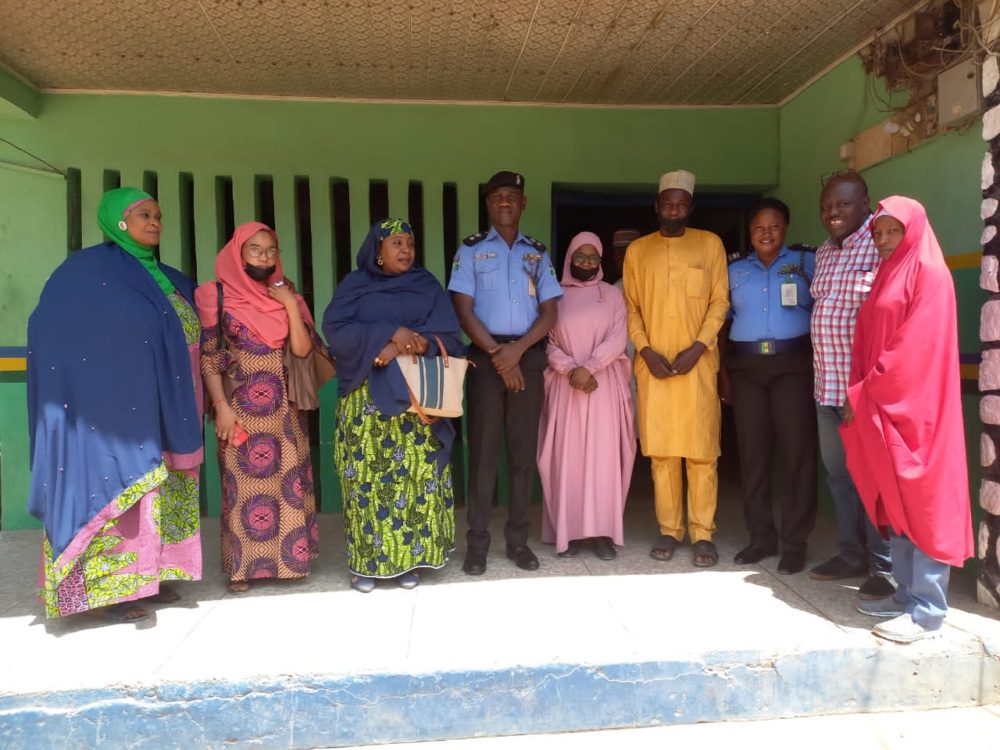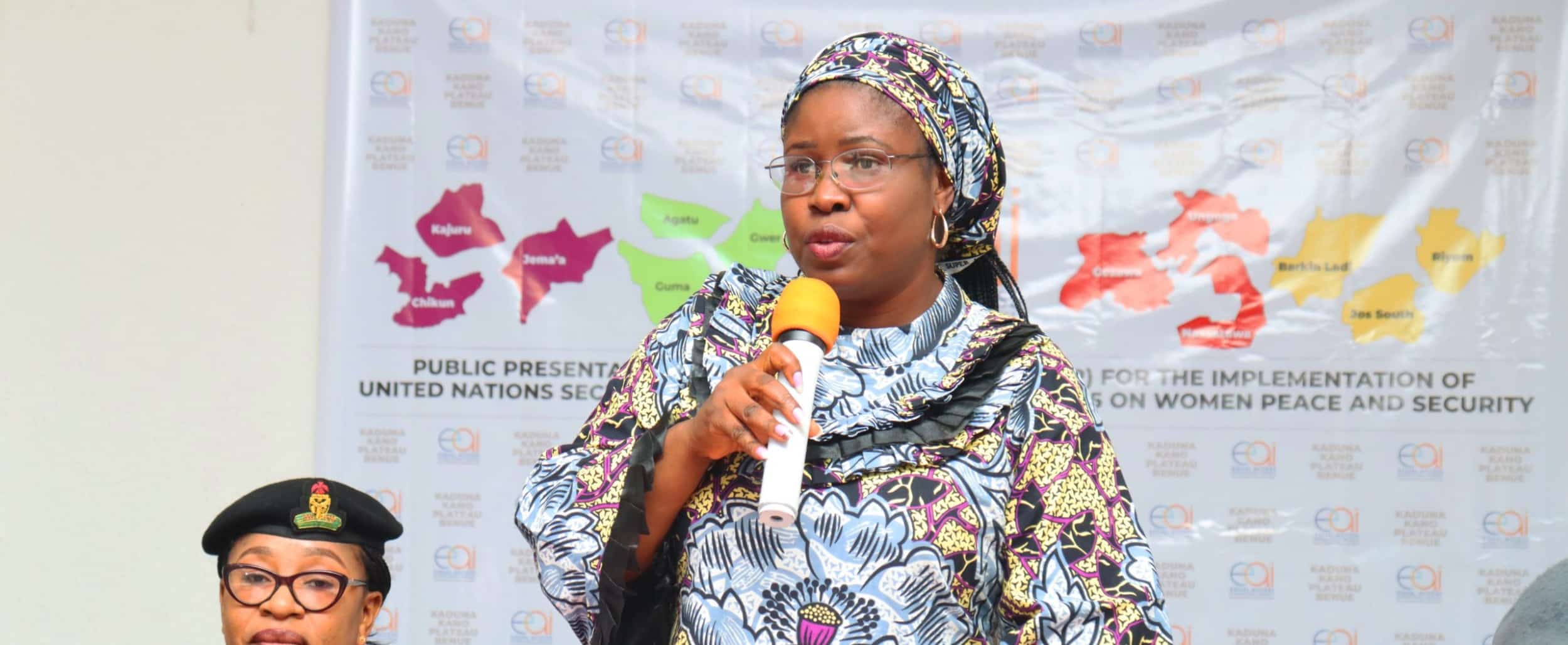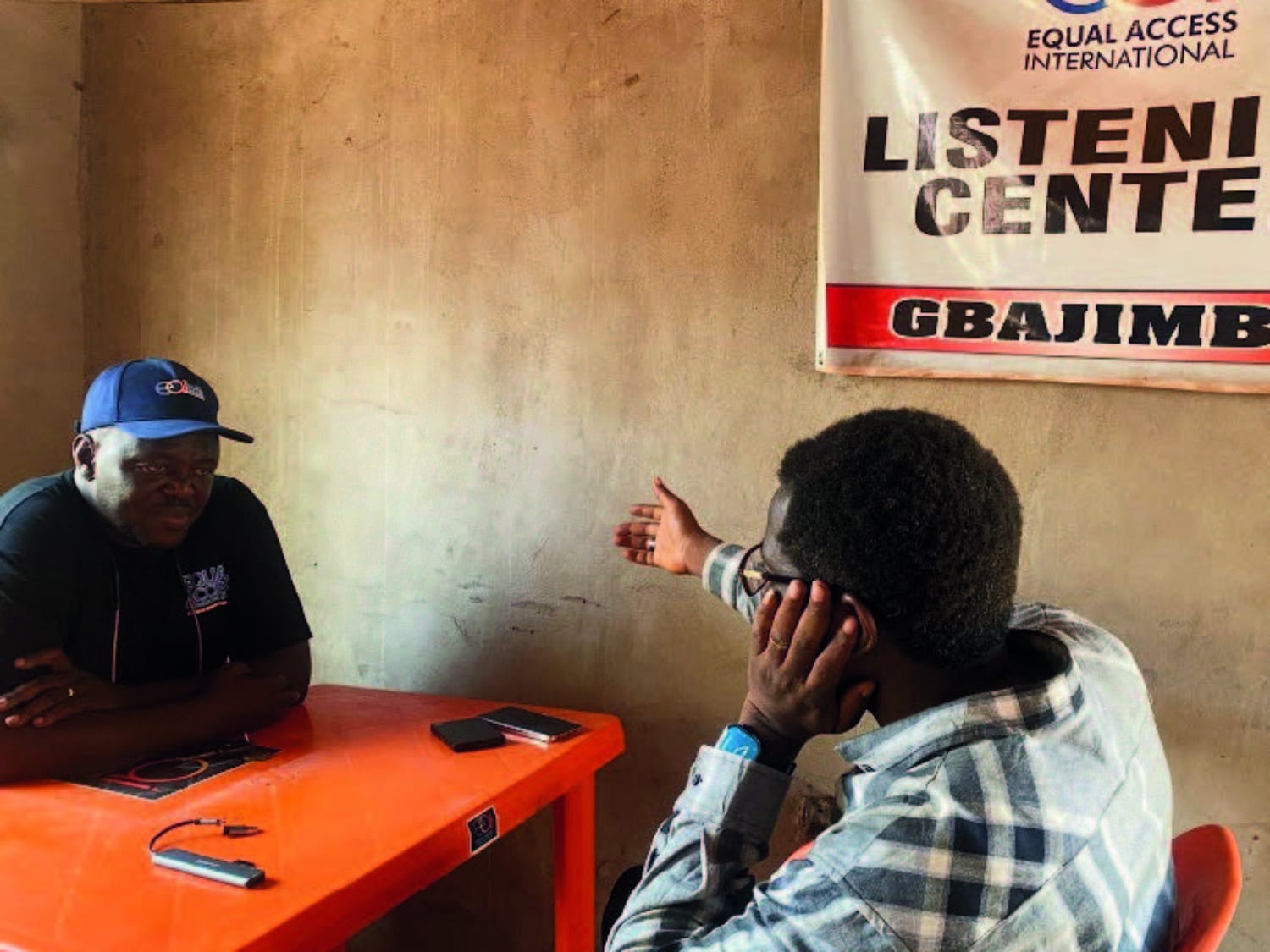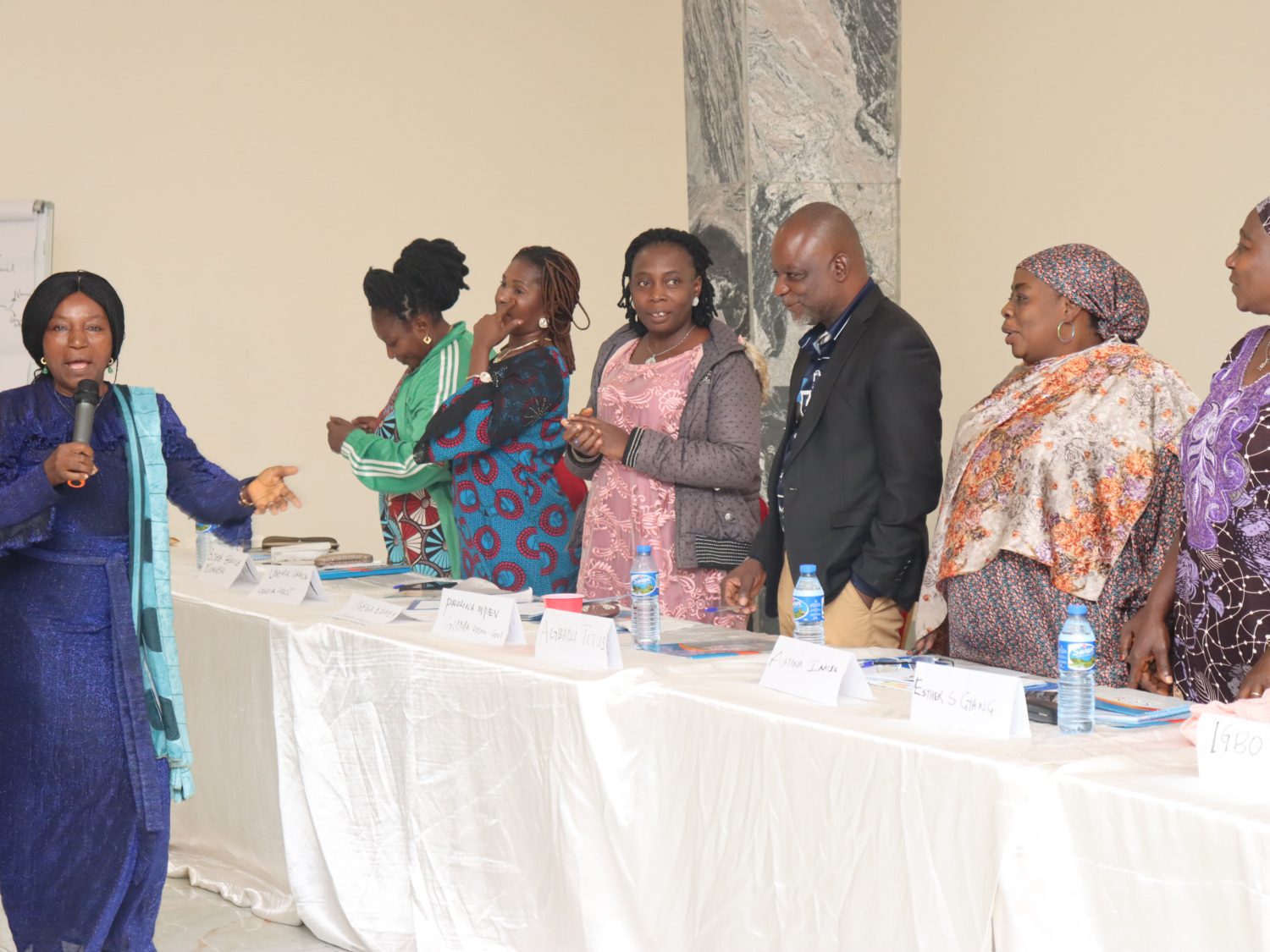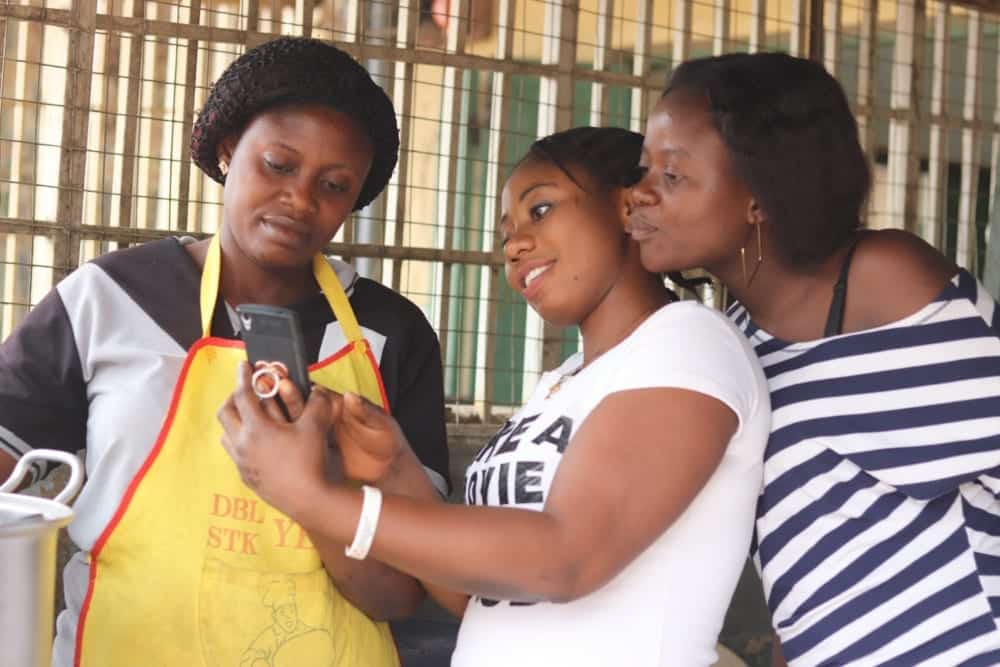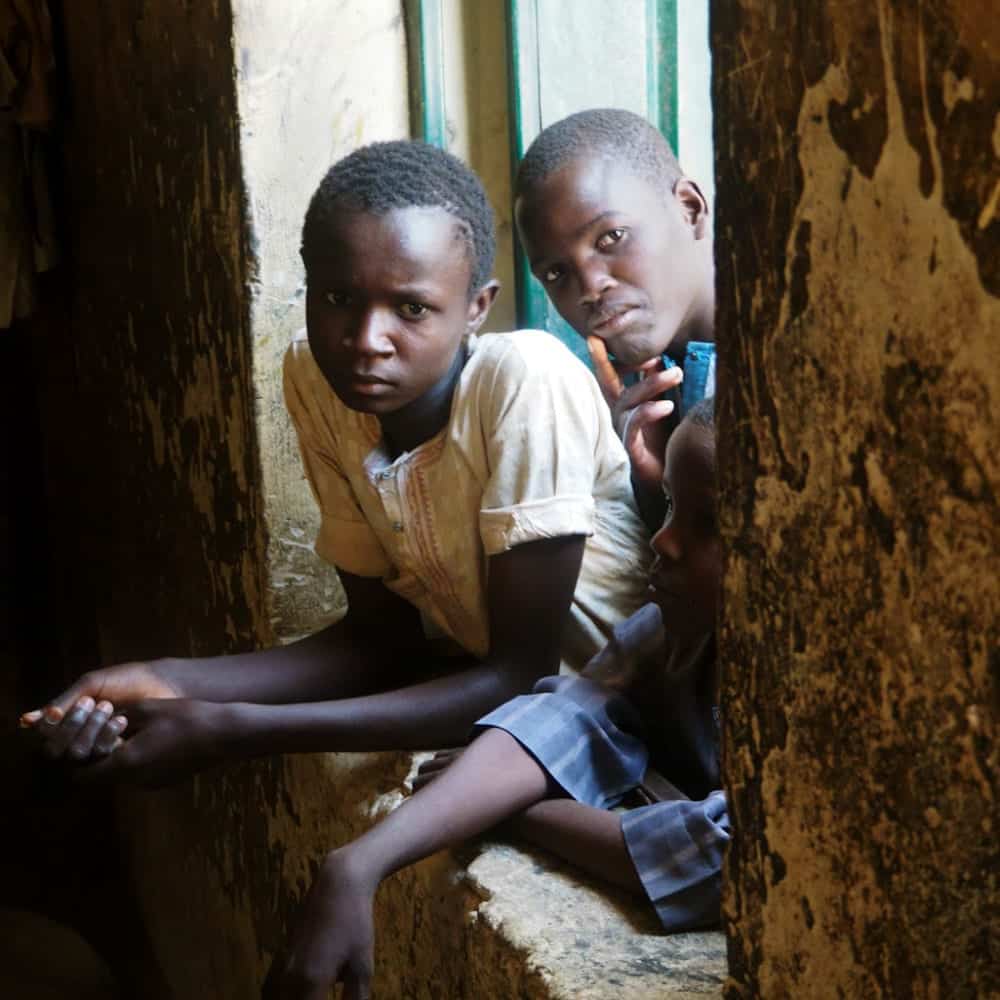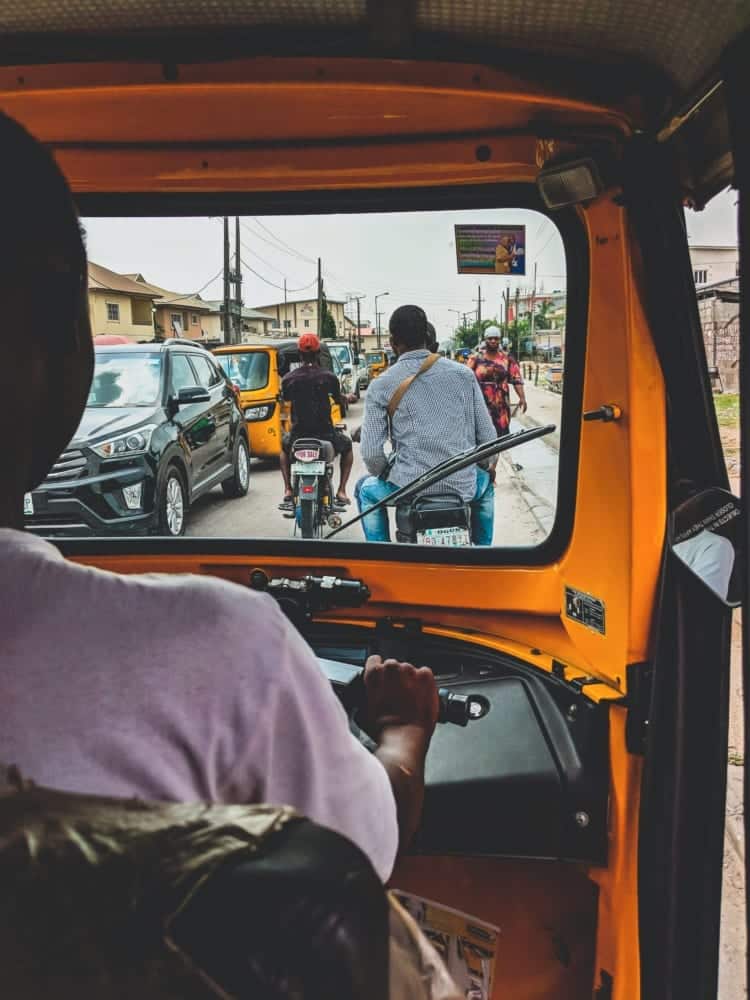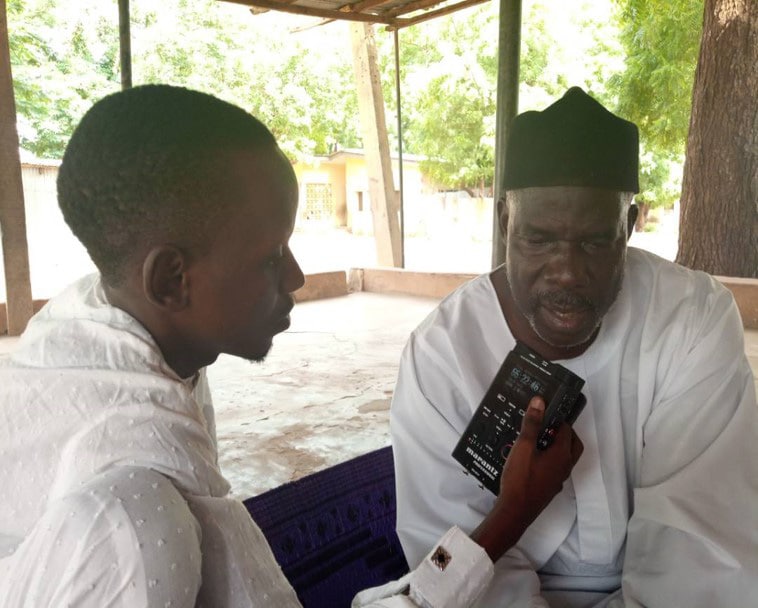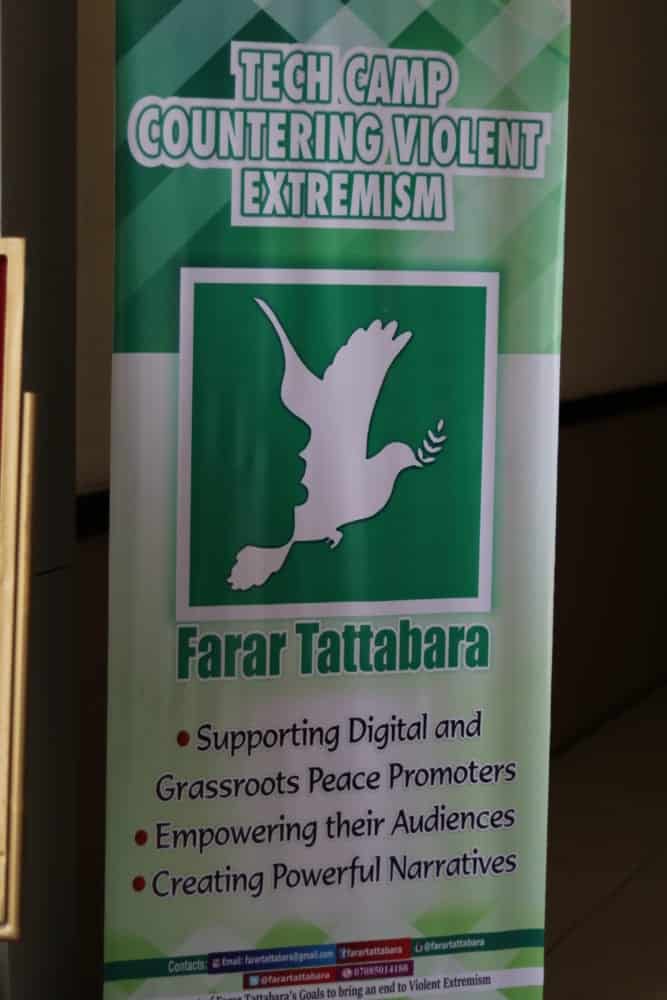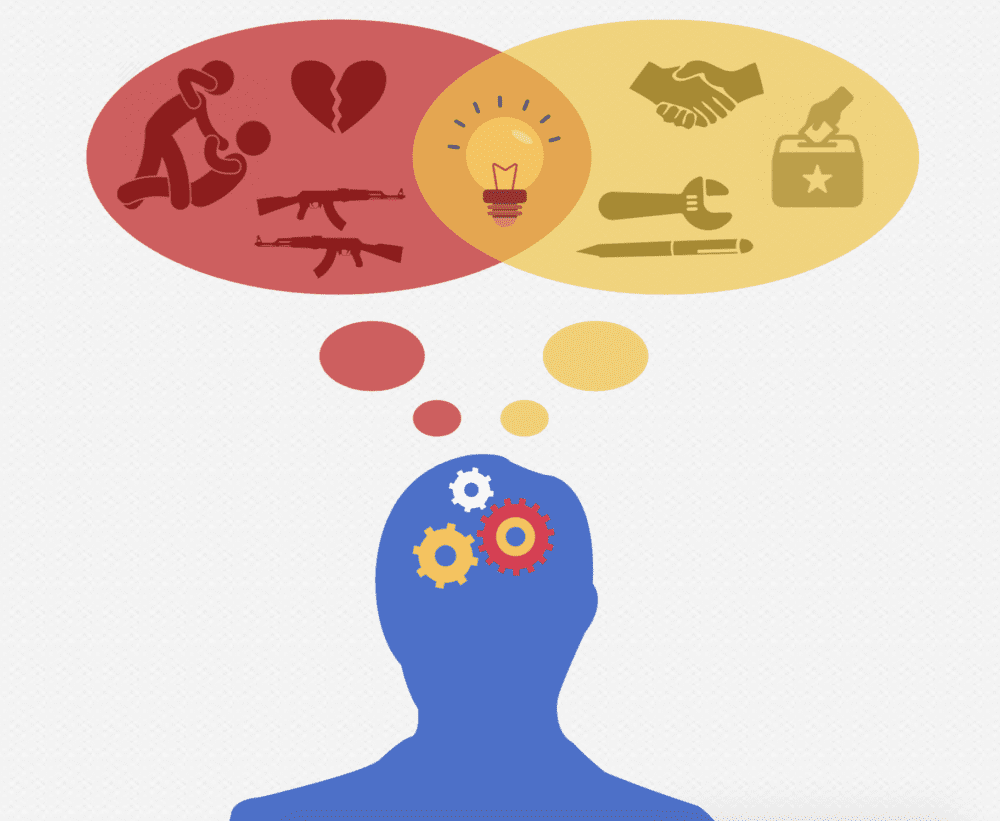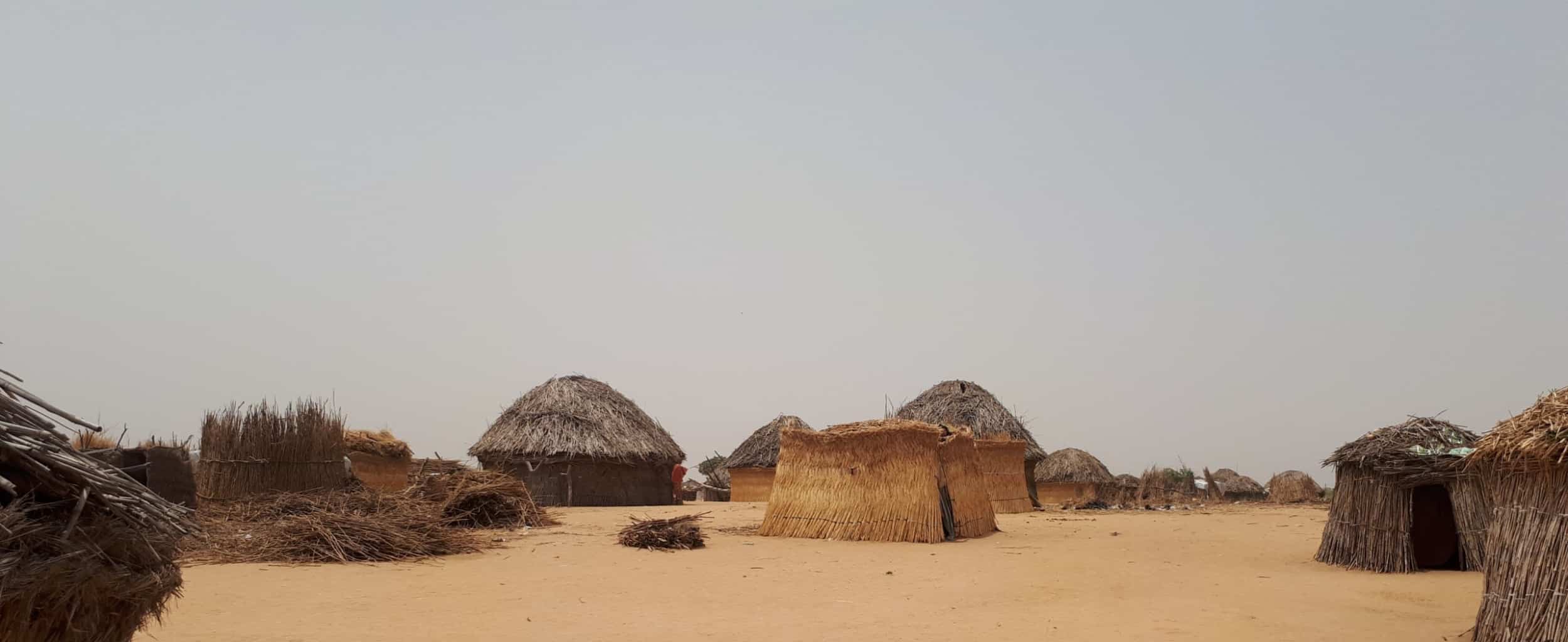Improving Safety and Security in Conflict Zones in Nigeria
SNC strengthens community resilience and reduces violent extremism (VE) through communal Early Warning Early Response (EWER) systems in trauma-prone communities. Through these systems, the project directly responds to the need for increased opportunities for and societal acceptance of women and youth in ensuring their needs and voices are represented in building and maintaining safer communities.
In engaging input from marginalized community members, EAI identified a critical need among women and youth struggling with significant psychological trauma from continued violence. Based on this need, we developed trainings using concepts around trauma and healing for 46 Psychosocial First Aiders (PFAs) who then set up communal Listening Centers in free-of-charge spaces to help individuals and groups process their feelings of vulnerability and seek ways to increase personal and community-wide safety.
SNC has trained 546 women and youth in EWER mechanisms and approaches, established 17 Listening Centers that have provided counseling services to 1,561 clients, and in the coming months, EAI will train an additional 72 Psychosocial First Aiders to expand reach and services, and will also train 36 Community Champions to help destigmatize trauma in their communities. Currently, 12 EWER systems meet at least monthly, have established a feedback mechanism within the communities, collaborate with existing law enforcement and/or security institutions, have an established reporting/escalation system, and carry out activities within their communities.
This community-based approach has not only created a safe space for community members to disclose their feelings and process traumatic experiences; it has also empowered local individuals to be advocates in sustaining peace in their communities. They reported significant changes, including increased involvement and participation of women and youth, improved collaboration amongst key stakeholders around community security, and improved trust and collaboration between community members and security actors.
